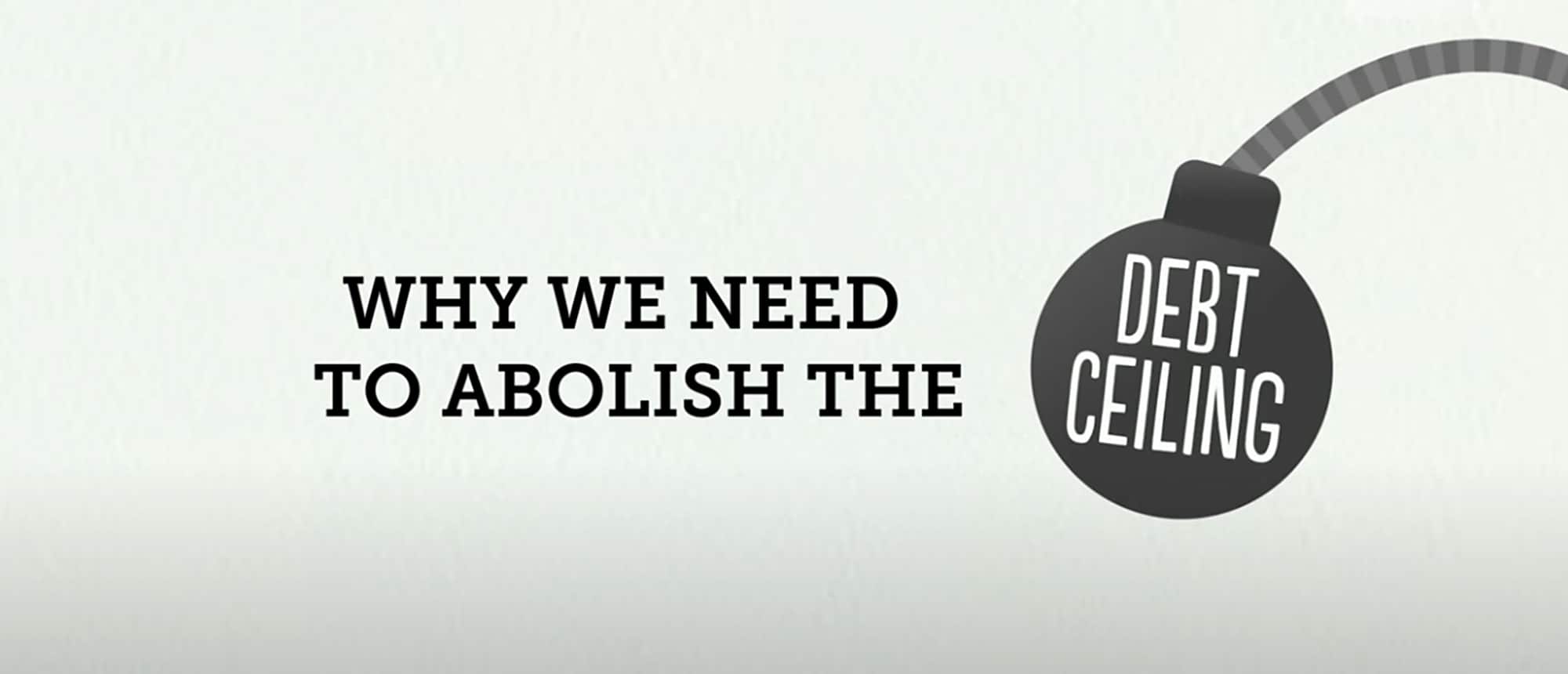Why We Should Abolish The Debt Ceiling
Congressional Democrats have pulled a fast one on Republicans by striking a deal with Trump to raise the federal debt ceiling only until the end of the year. This will give them bargaining leverage in December to strike a bigger bargain with Republicans: Democrats will agree to raise the debt ceiling then in return for Republican cooperation on legalizing Dreamers (unauthorized immigrants brought into the U.S. as children), making small but necessary fixes in the Affordable Care act, and other things Democrats seek.
Raising the debt ceiling is always a political football, used by whichever party is in the minority to extract concessions from the majority party or from the majority party’s president.
The debt ceiling is how much the government is allowed to borrow. It shouldn’t be a political football. It should be abolished. It serves absolutely no purpose.
When the debt ceiling was first adopted in 1917, it might have been a useful way to prevent a president from spending however much he wanted. But since 1974, Congress has had a formal budget process to control spending and the taxes needed to finance it.
There’s no reason for Congress to authorize borrowing for spending that Congress has already approved, especially when a failure to lift the debt ceiling would be so horrific.
Having a debt ceiling doesn’t discipline government, anyway. The national debt is obligations government has already made to those who lent it money. Discipline has to do with setting spending limits and legislating tax increases, not penalizing the lenders.
Which is why most modern democracies don’t have debt ceilings. Britain, France, Germany, Canada, Australia – they do just fine without explicit borrowing limits.
Even more basically, the nation’s debt is a meaningless figure without reference to the size of the overall economy and the pace of economic growth.
After World War II, America’s debt was larger than our entire Gross Domestic Product, but we grew so much so fast in the 1950s and 1960s that the debt kept shrinking in proportion.
Today’s debt is about 77 percent of our total national product. The reason it’s a problem is it’s growing faster than the economy is growing, so it’s on the way to becoming larger and larger in proportion.
This is what we ought to be focusing on. Fighting over whether or not to raise the debt ceiling is a meaningless and dangerous distraction. So abolish it.

